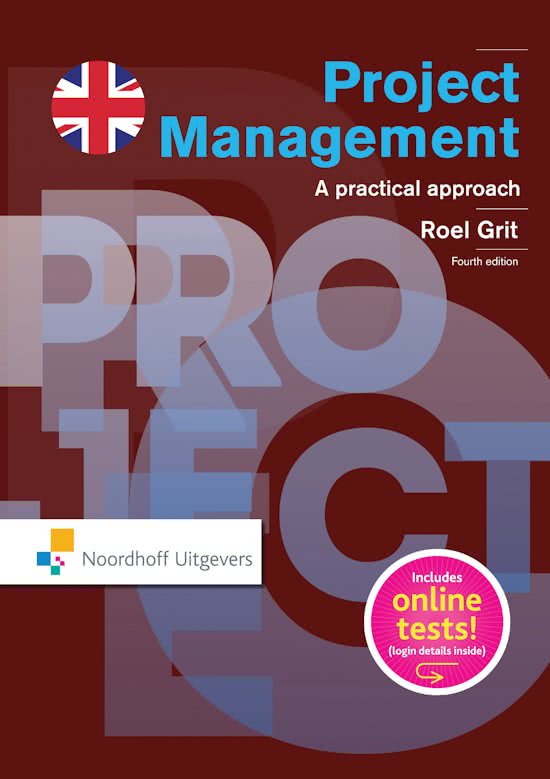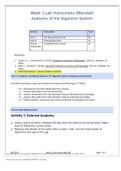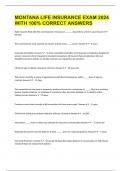Exam (elaborations)
PRM3701 Assignment 6 Semester 2 (705306) DUE 1 October 2024
QUESTION 1 [15 MARKS] You have been invited to deliver a speech to young graduates about important issues in project management. To educate them properly answer the questions that follow. • Please note you will be required to do research on the questions below. • Also indicate your refere...
[Show more]







